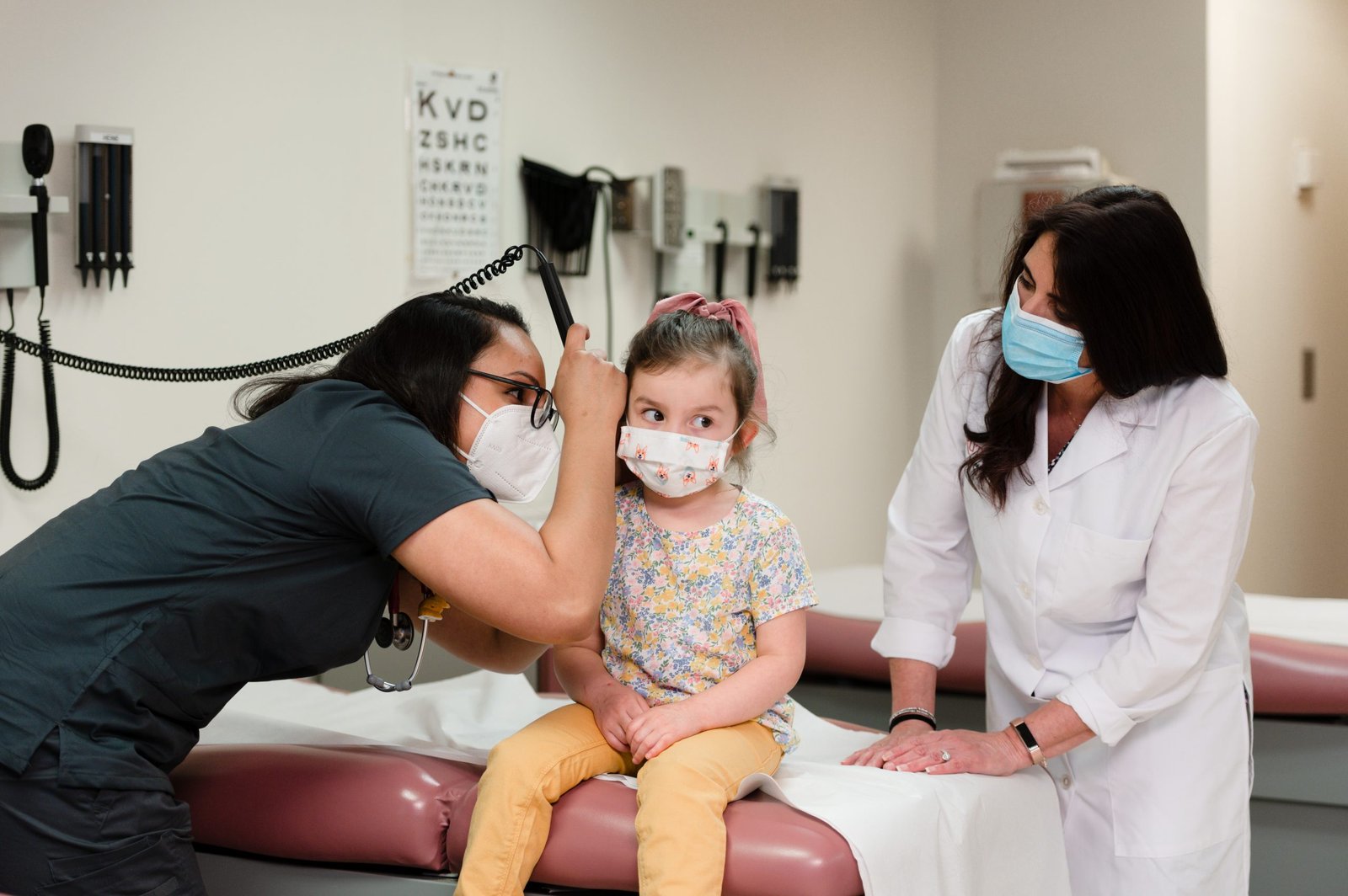Medical Clinical manifestation – Health of the children has been considered as the vital importance to all societies because children are the basic resource for the future of humankind. Nursing care of children is concerned for both the health of the children and for the illnesses that affect their growth and development. The increasing complexity of medical and nursing science has created a need for special area of child care, i.e. pediatric nursing.
Pediatric nursing is the specialized area of nursing practice concerning the care of children during wellness and illness. It includes preventive, promotive, curative and rehabilitative care of children. It emphasizes on all round development of body, mind and spirit of the growing individual. Thus, pediatric nursing involves in giving assistance, care and support to the growing and developing children to achieve their individual potential for functioning with fullest capacity.
Medical Clinical manifestation

Clinical Feature of Autism
Common symptoms of autism include:
- A lack of eye contact
- A narrow range of interests or intense interest in certain topics
- Doing something over and over, like repeating words or phrases, rocking back and forth, or flipping a lever
- High sensitivity to sounds, touches, smells, or sights that seem ordinary to other people
- Not looking at or listening to other people
- Not looking at things when another person points at them
- Not wanting to be held or cuddled
- Problems understanding or using speech, gestures, facial expressions, or tone of voice
- Talking in a sing-song, flat, or robotic voice
- Trouble adapting to changes in routine
Another Answer
Defects in social interaction and communication:
- Fails to respond to his or her name.
- Resists cuddling and holding.
- Unaware of others feeling.
- Seems to prefer playing alone, lives in his or her own life.
- Starts talking later than of 2 years of age.
- Loses previously acquired ability to say words or sentences.
- Does not make eye contacts upon request.
- May use a singsong voice or robot like speech while talking.
- Can’t initiate a conversation or keep on going.
- May repeat words or phrases.

Restricted and repetitive pattern of behavior;
- Performs repetitive movements, such as rocking, spinning or flapping.
- Develops specific routines or rituals.
- Disturbed at the slightest change in routines or rituals.
- Moves constantly.
- May be fascinated by parts of an object, such as the spinning wheels of a toy car.
- May be unusually sensitive to light, sound and touch and yet oblivious to pain.
